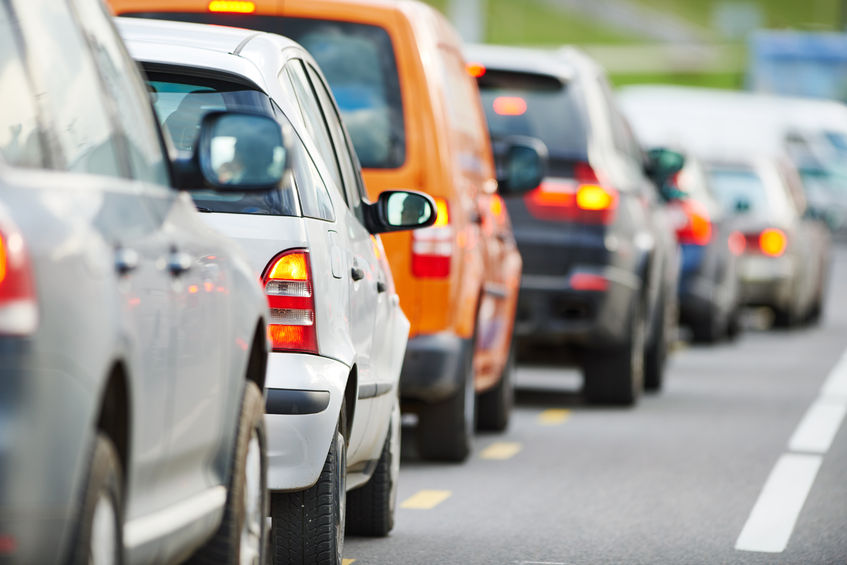- Perform regular tune-ups
Fuel efficiency is affected by dirty motor oil; spark plugs and air filters. Regular maintenance produces fewer greenhouse gas emissions and helps your vehicle run at peak performance. - Drive at a steady speed within the speed limit
Your car loses fuel efficiency the faster you go. Speedy acceleration and rapidly breaking consume fuel. Cruise control is your best friend when it comes to the gas in your tank! - Reduce idling
Idling uses more fuel than restarting your car. If you are waiting for someone, in a school pick up line, or at a drawbridge, think about turning off the engine. - Reduce your load
Removing excess weight in and on top of your vehicle can reduce your fuel consumption. Remove sports equipment, backpacks, books, roof racks, cargo boxes, bike racks, etc. It all adds up. Rear-mounted cargo boxes are more efficient than roof-mounted ones. - Inspect your tire pressure
Underinflated tires increase fuel consumption by around 3%. Your owner’s manual or the driver door lists the correct PSI for your tires. Check them regularly.




 RSS Feed
RSS Feed


